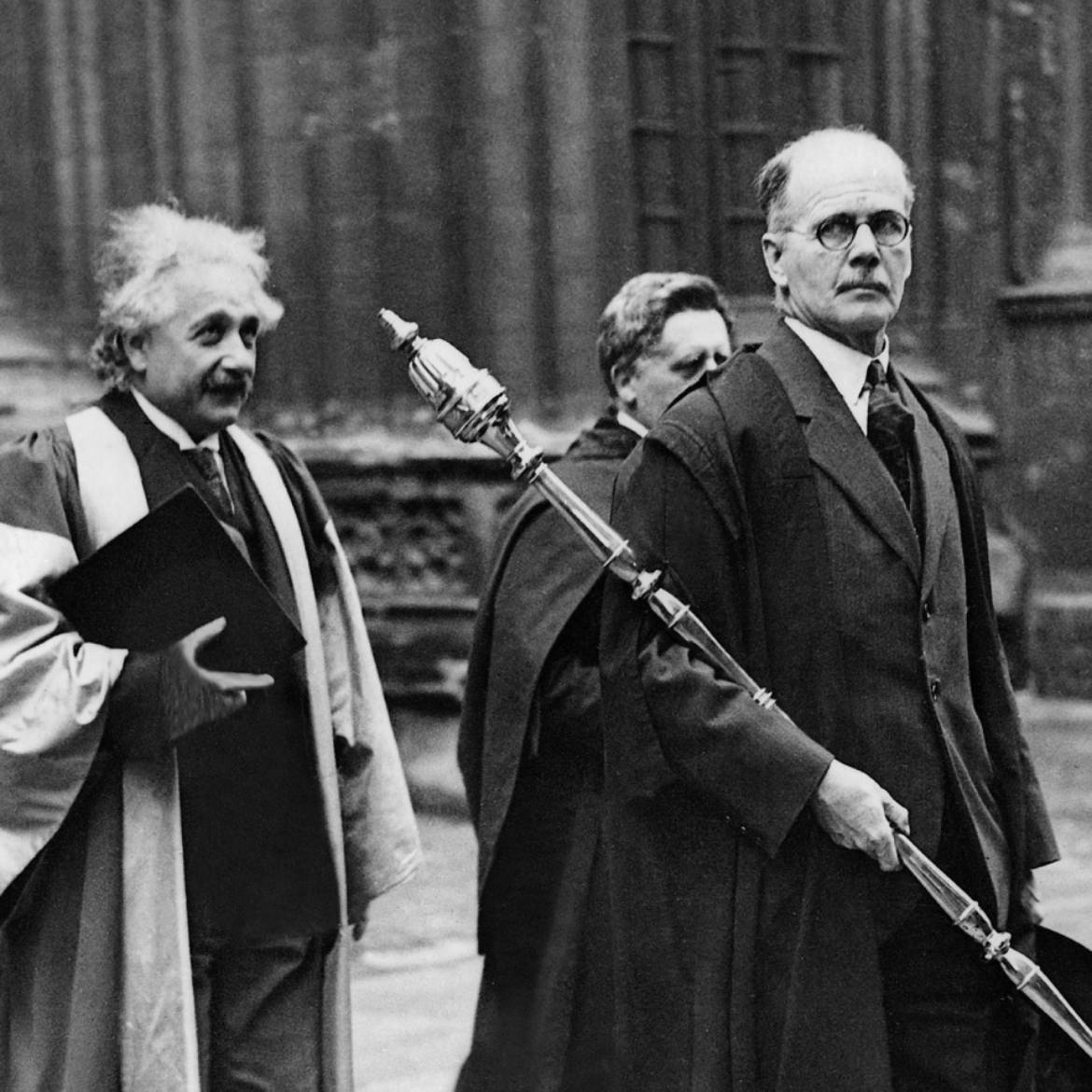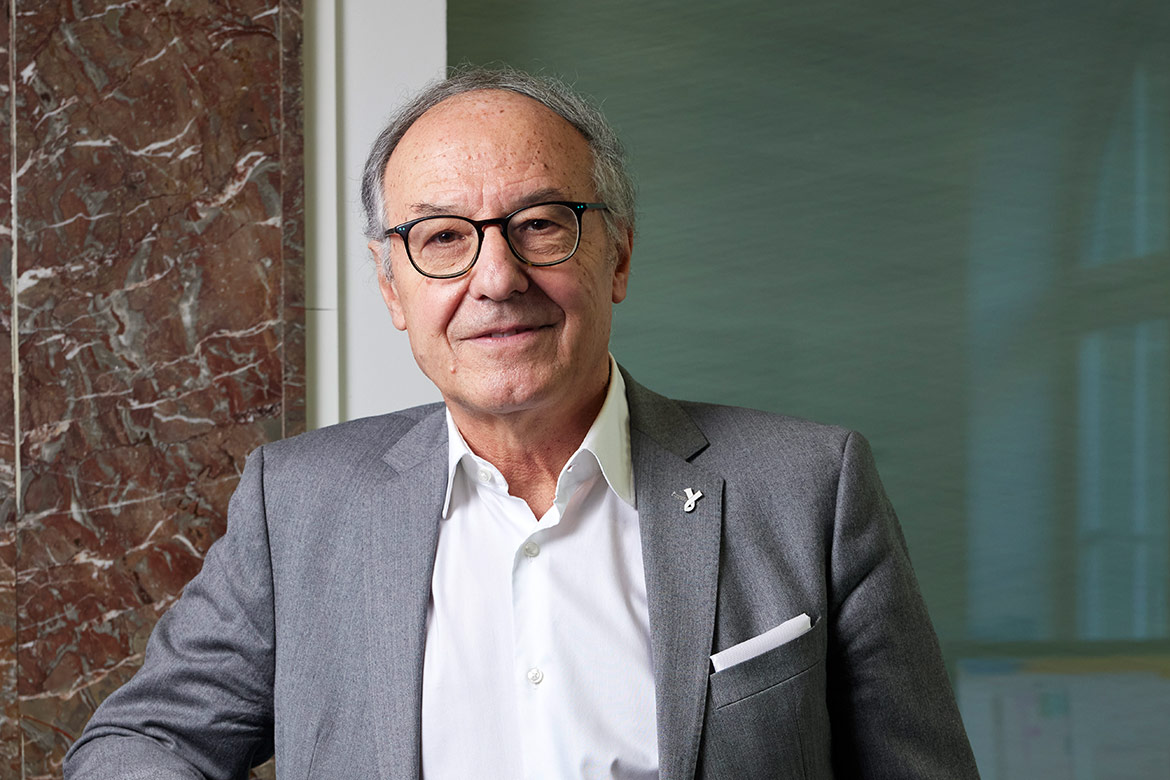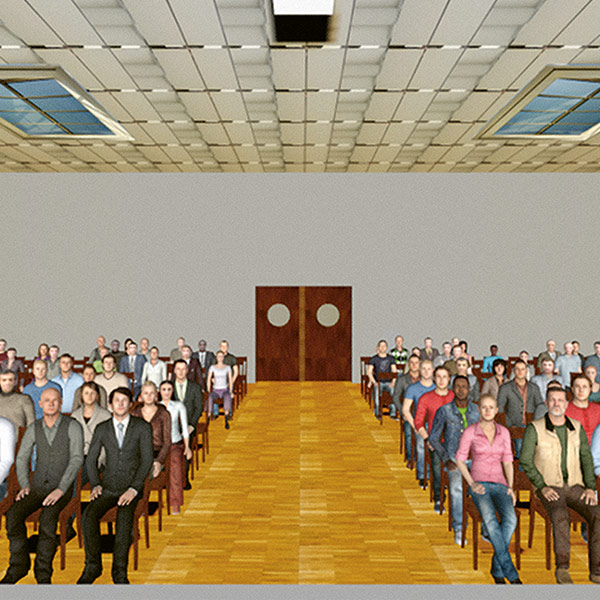REPRODUCIBILITY
Reproducibility brings greater credibility

Does it really help? Studies about the impact of the ‘power pose’ are among those that researchers into experimental psychology have tried to reproduce. | Image: iStock
Four laboratories have independently carried out identical psychological experiments using the same research plan and the same instructional videos, and each had 1,500 participants. The researchers involved were able to demonstrate that 86 percent of their results were replicated successfully. Brian Nosek is a psychologist at the University of Virginia in Charlottesville and a co-author of the study in question. He spoke to Nature magazine about what motivated him and his colleagues to organise it: “People are worried that there’s all these problems that undermine the credibility or replicability of findings”, he said. So they thought: “What if we ran a study where we tried to eliminate all those problems and do it as rigorously as possible?”
Nosek insists that they posed complex questions for their study, including from the fields of marketing, political science and decision-making. Malte Elson, a metascientist at the University of Bern, finds that Nosek’s study is also an exercise in political communication, because it confirms that the methods of the social sciences are in fact credible.




